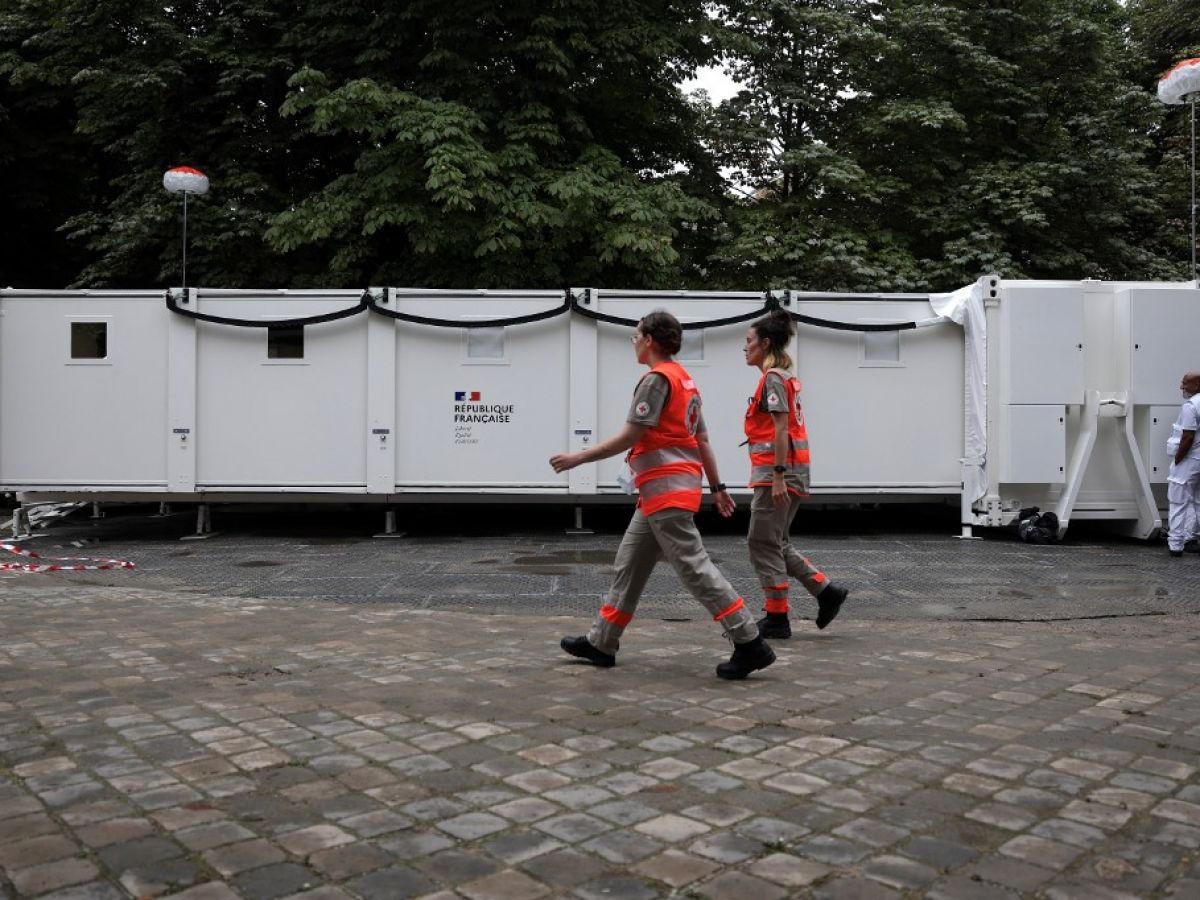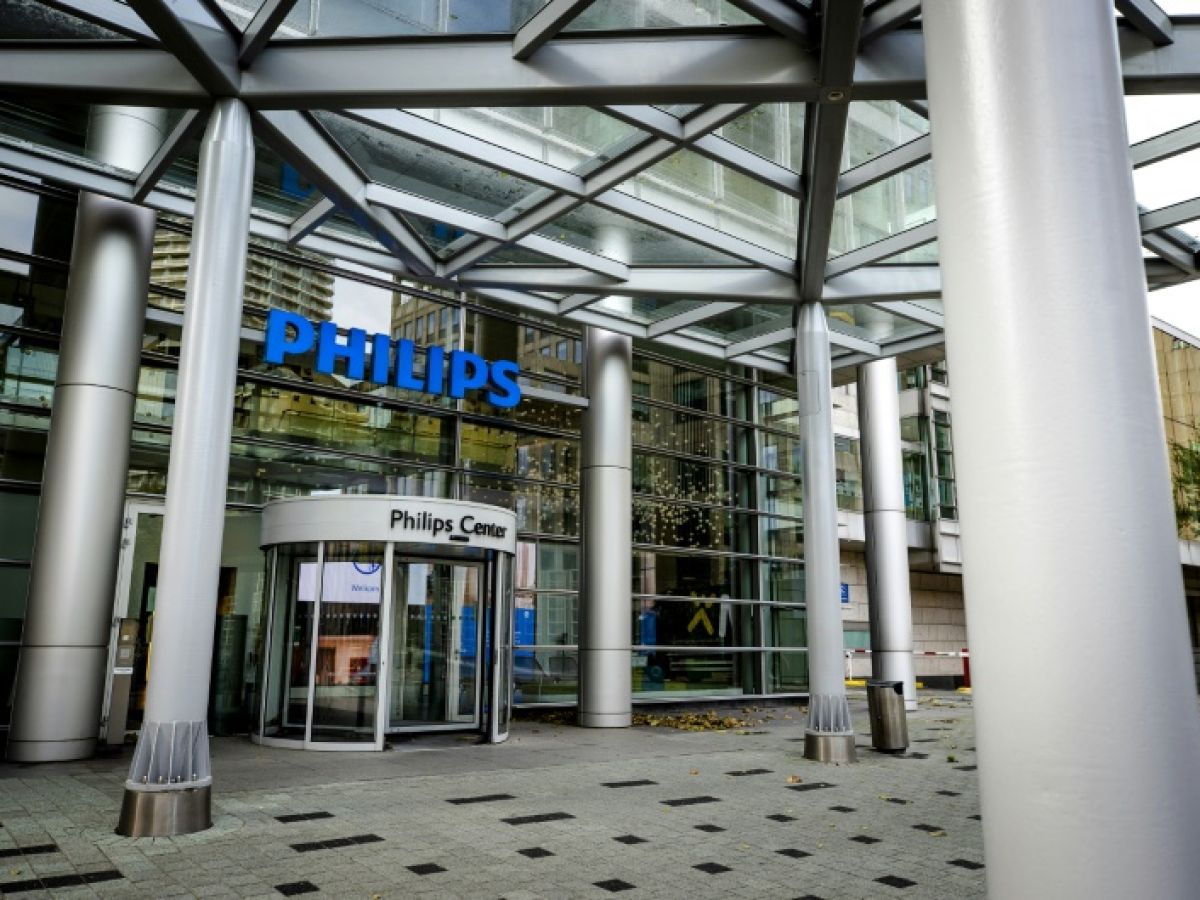On July 27, Health Minister Catherine Vautrin inaugurated a mobile hospital a stone's throw from the Champs-Elysees, which will allow patients to be treated during the Olympic Games, including in the event of an exceptional health situation.
Up to three patients in absolute emergency
Unfolded from a container, the white metal structure aligns six boxes, perched on blocks, about fifty meters from the Champs-Elysees roundabout. It offers a completely autonomous solution to deal with both the minor discomfort of a spectator and the emergency of resuscitation.
Inside, the succession of air-conditioned boxes can accommodate up to three patients in absolute emergency, with two resuscitation boxes, and five patients in relative emergency. A battalion of ambulances from the Samu and the Smur, some of which come from the provinces, are parked outside to then transport patients to Parisian hospitals if necessary.
This system, implemented by the Samu, should make it possible to " respond to emergencies that might arise when we have as many visitors as we do on occasion " of the Games," the minister said. She also mentioned the support of " patients in absolute emergency with resuscitation capacity » than that of the « needs relevant to general medicine“.
The importance of speed of intervention
Mrs. Vautrin welcomed the " mobilization of all health services", but not only, with a " work together of rescuers, hospital staff and police services", as well as that of associations such as the Red Cross. At his side, Professor Pierre Carli, mission officer for the Olympic and Paralympic Games at the Ministry of Health, noted that it is the " first deployment of a device of such magnitude in the center of Paris“.
Its installation near places where the public gathers for the Olympic Games is one of the lessons learned from the 2015 attacks in Paris and Saint-Denis. Proximity counts for a lot, as does speed of intervention and access to the hospital in the best specialized services that are around us, within a short distance.", explained Prof. Carli.
The mobile hospital, called SHELTER, is a " post in the heart of the place where something serious can happen" he added.

